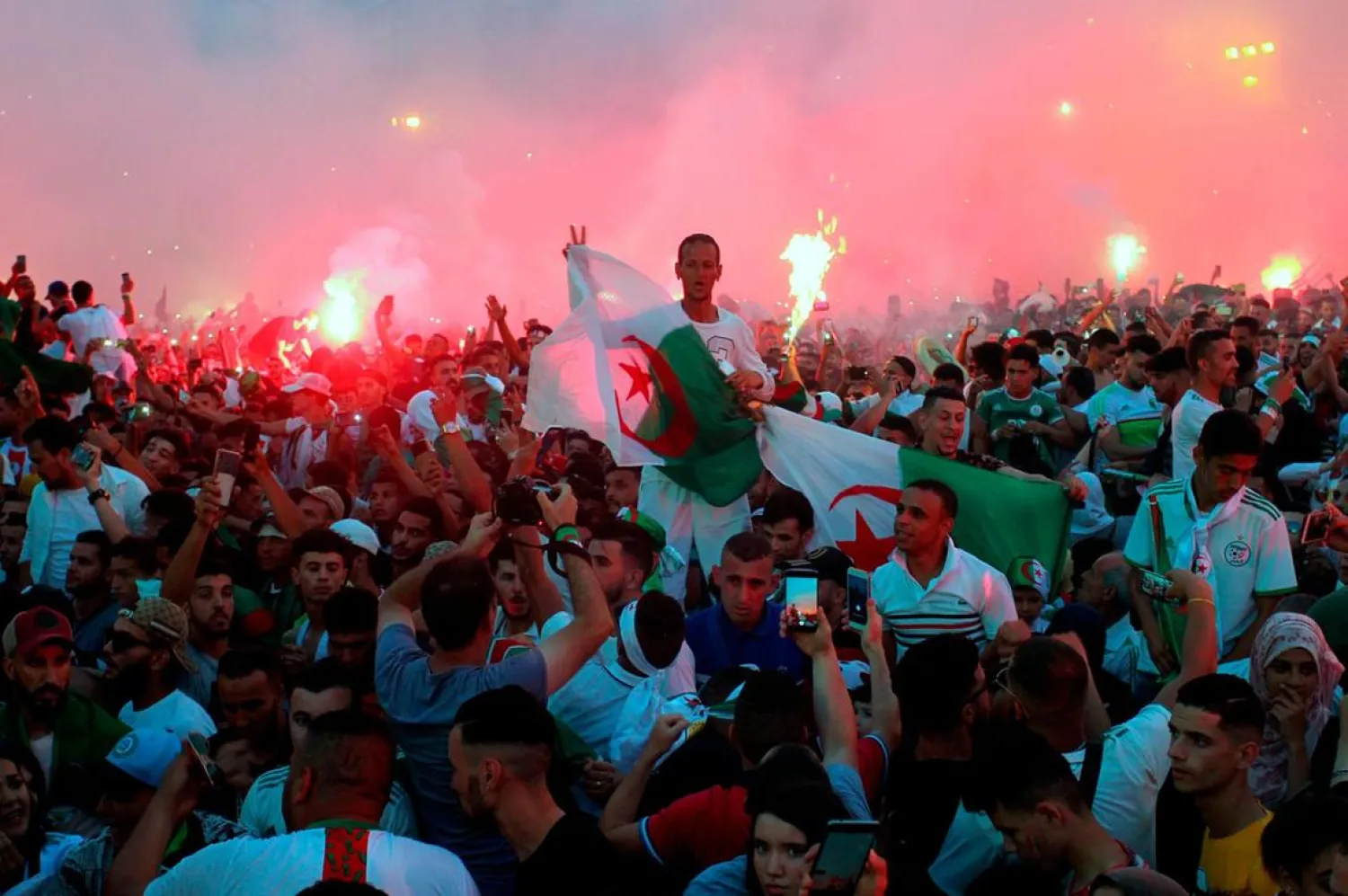Algeria’s army chief of staff Lieutenant General Ahmed Gaed Salah stated on Monday that the country’s national football team’s claiming of the 2019 African Cup of Nations title was a “response” to corruption.
“The Algerians responded to the gang and all those doubting the unity of the people,” he said in remarks that bewildered observers, who failed to see the connection between a sports victory and corruption among the country’s political class.
A number of prominent politicians and businessmen have been detained in the North African country in wake of the resignation of president Abdelaziz Bouteflika under popular and military pressure in April. Salah has since emerged as the de facto ruler.
Algeria won the African cup on Friday.
Salah congratulated the team and military on Monday. He had previously ordered military planes to transport Algerian fans to Egypt to watch the final match.
Observers interpreted Salah’s remark on “the people’s unity” as a reference to the Amazigh flag that some protesters have been raising at popular protests.
The rallies have continued even after Bouteflika’s resignation, with the people demanding the removal of the political class.
The Amazigh flag was notably absent from celebrations marking the national team’s football victory.
Dozens of people have been detained for raising the flag, with authorities accusing them of “threatening national unity.”
Salah, in turn, said those carrying the flag are “remnants of the gang”. Protesters rejected his statement and responded with greater rallies and demands for his resignation.









